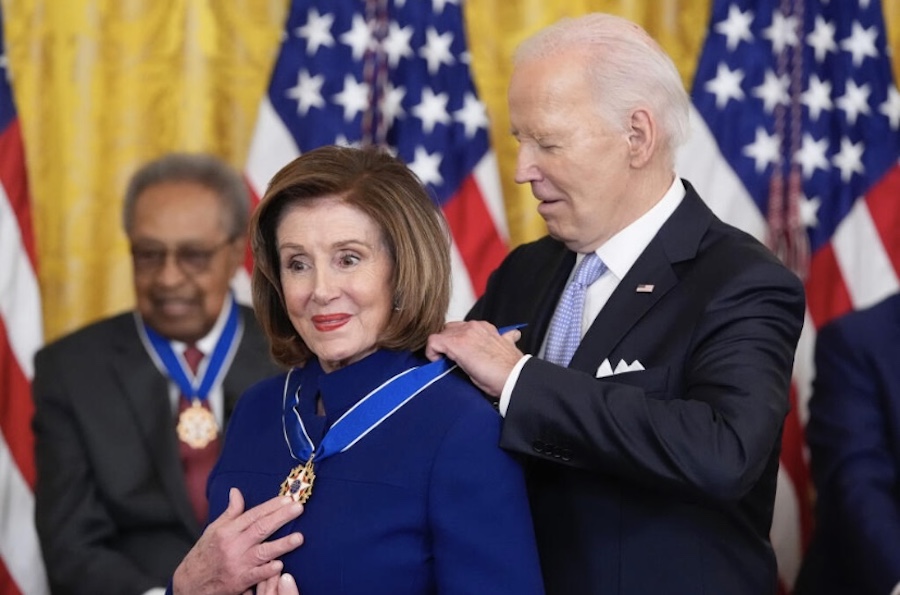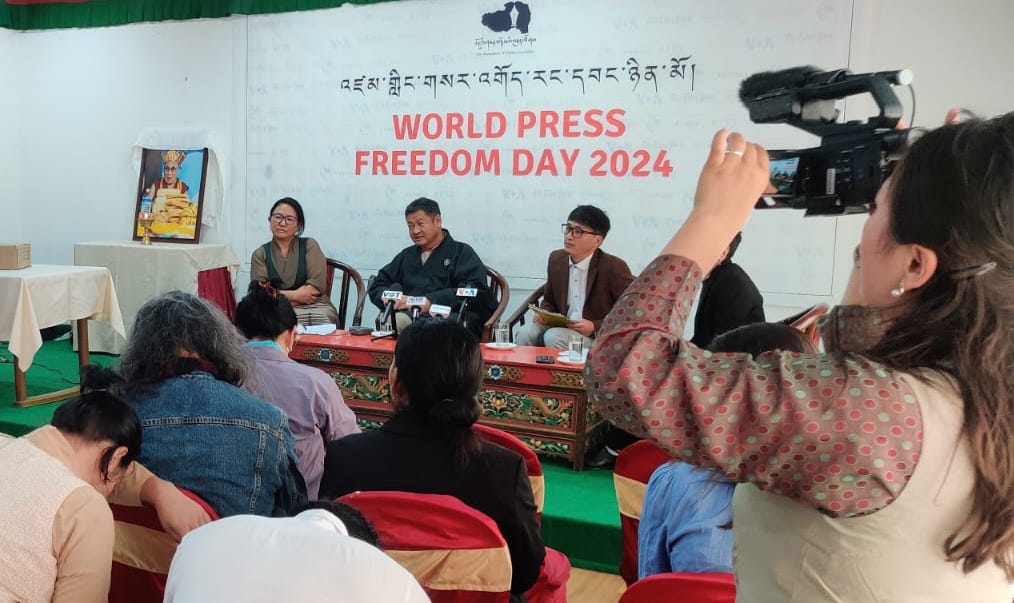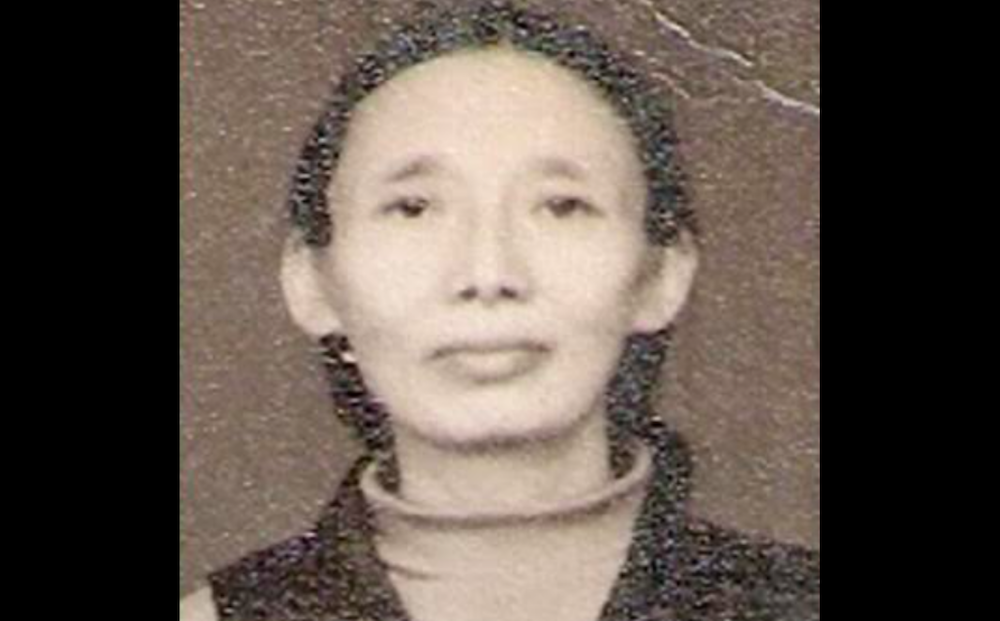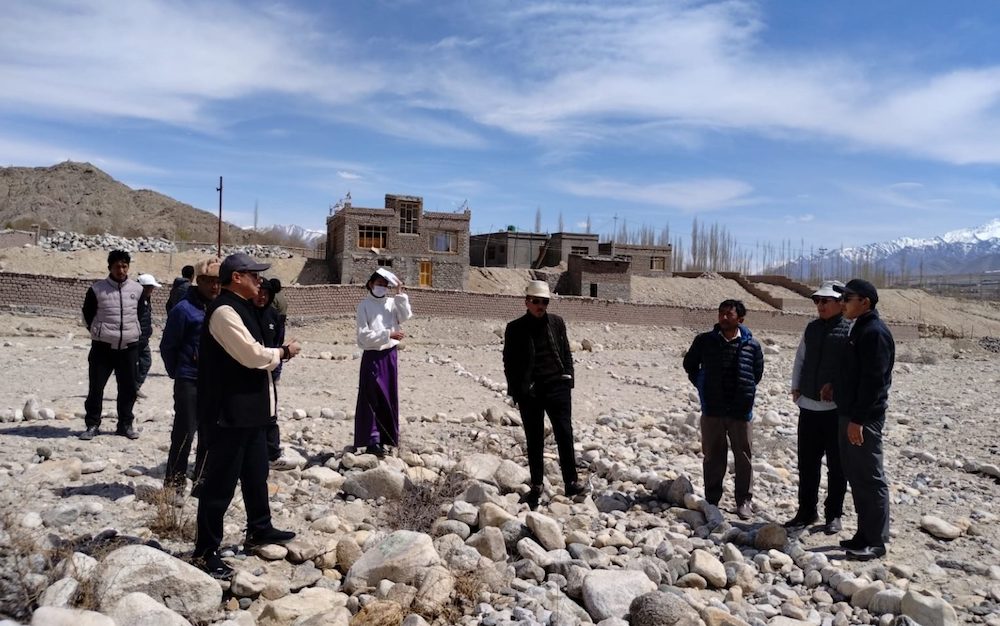A Tibetan Perspective
By Tenzing Sonam
I first saw Chinese director, Lu Chuan’s critically acclaimed Tibetan film – Kekexili: Mountain Patrol – in the unlikely environs of an ornate 19th Century opera house in the Brazilian city of Manaus, deep in the Amazon. The occasion was the 2nd Amazonas Film Festival where a film I had co-directed – Dreaming Lhasa – was also participating. Stumbling out of the packed theatre into the steaming, tropical heat of the city, to all intents and purposes a million miles away from the icy wastes of the Tibetan plateau where I had just spent the last 90 minutes, my mind was abuzz with conflicting and contradictory emotions.
There is no doubt that Lu Chuan is a talented filmmaker. Mountain Patrol is a deftly crafted, gritty and uncompromising tale of greed and heroism set within a larger theme of man and nature. It follows a band of Tibetan vigilantes led by the noble and single-minded Ri Tai as they set out across the forbidding northern plains of Tibet in pursuit of a gang of murderous poachers who have killed one of their men and have left behind a trail of slaughtered chirus – the endangered Tibetan antelope. As the film progresses, we realize that it is not so much about the tracking down of the hunters as it is about the journey itself. Ri Tai’s uncompromising quest leads to the death of several of his men who are killed, not by their enemy but by the harsh vagaries of nature itself, which does not differentiate between those who seek to exploit her and those who are trying to protect her. The end, when it comes, is swift, brutal and unexpected. The widescreen camerawork of the film brilliantly captures the harsh and majestic landscape of the high plateau, which is as much a character in the film as are the human protagonists. Something of the spirit of John Ford’s classic Western, The Searchers, with its magnificent vistas of the Southwest and its similar theme of a search that gradually assumes more importance than its resolution, seems to have imbued Lu Chuan’s “Eastern”.
So why did the film leave me with a sense of disquiet?
As a Tibetan filmmaker born and brought up in exile, I have constantly tried in my work to present a more realistic view of Tibet and to refute the esoteric, Shangri La image that has found currency in the Western imagination, an image promoted by the media and by various books and films. Martin Scorsese’s Kundun, Jean Jacques Annaud’s Seven Years in Tibet, Eric Valli’s Himalaya and Pan Nalin’s Samsara, have all exploited and perpetuated this myth to their own ends. It struck me that Mountain Patrol is finally no different from these films in that it too, mythologizes Tibet, albeit from a different perspective.
The first Chinese film to look at Tibet through a new, more personal lens, one not tainted by official propaganda, was probably Fifth Generation filmmaker, Tian Zhuangzhuang’s 1987 film, The Horse Thief. Although revolutionary for a Chinese film dealing with Tibet in that it takes a realistic and documentary-like approach to the lives of Tibetan nomads, it nonetheless succumbs to a romanticized and condescending view of the place and its culture. Sadly, nearly two decades later, Mountain Patrol falls into a similar trap.
The main protagonists in both The Horse Thief and Mountain Patrol fit a stereotype popular in films about Tibet – that of the silent, noble savage. This is no accident. In the absence of any genuine understanding of Tibetans or their culture, it is easier to see them as archetypes. Lu Chuan unconsciously confirms this in an interview about the film: “Actually, my personal experience with the Tibetans weren’t like everyone said they would be; they’re alert, but they’re actually very open – if they felt your sympathy. When I directed them, they accepted me and cooperated with me. They’re that kind of people, like Native Americans and Eskimos; as minorities, they’re able to preserve their purity, their nature.” This upbeat view, not only of Tibetans, but also of Native Americans and Eskimos, betrays a remarkable naïveté, and not a little arrogance towards so-called minorities.
This perception of Tibetans as a kind of anthropological curiosity is reinforced in this excerpt from a journal written by a Chinese journalist, Teng Jingshu, who followed Lu Chuan for a few days during the shoot:
“After a few rounds of drinks, the natives started to sing in their language, one after another. As the song came to its climax, everyone would hit their bowls with their chopsticks and sing together. All of a sudden, I felt like I had understood the true meaning of the movie, I felt euphoric, as if my soul had been set free. The rest of us started to sing in response to the natives.”
It is not surprising therefore, that although the portrayal of Tibetans in the film is sympathetic, it is essentially one-dimensional and patronizing. In this, Lu Chuan is no different to a Western filmmaker like Eric Valli, who has a similar taciturn yet heroic stock character in Himalaya, a film that also uses a superficial Tibetan motif to explore the relationship between man and nature.
This facile engagement with Tibet in films is even more pronounced when it comes to representations of its Buddhist culture. For example, a scene of a “sky burial” – the Tibetan custom of chopping up dead bodies and feeding the parts to vultures – is de rigueur for any film purporting to reveal the real Tibet. This ritual, with its suggestion of the macabre commingled with the deeply spiritual, never fails to titillate the novice Tibet aficionado. Horse Thief has such a scene. So too, does Scorsese’s Kundun. Valli dwells on it in Himalaya. And Lu Chuan, also, cannot resist the temptation, and in Mountain Patrol, we are treated to yet another sequence of limbs being hacked off and thrown to waiting vultures!
But the stereotyping of Tibetan culture is only one aspect of Mountain Patrol’s flaws. More disturbing is the fact that there is absolutely no context to the film. It is set in a Tibet that is curiously apolitical. There is no indication of any Chinese presence let alone any representation of Chinese authority. The bad guys in the film are Hui Muslims. The only Chinese character in the film – the Beijing journalist through whose eyes the story unfolds – is neutralized by the fact that he is half-Tibetan and can speak the local language and is soon accepted into the group. For an audience that has no idea about Tibet’s recent history, the film presents the country as a mythical Eastern version of the Wild West. Here, the rule of the gun prevails. Bandits operate with impunity. A man must take the law into his own hands and only the brave survive. Either this points to a serious breakdown of Chinese control in the region, which we know is far from being the case, or the filmmaker has chosen to avoid dealing with an uncomfortable reality.
I have no doubt that Lu Chuan had to tread a delicate line while making the film to avoid running afoul of the authorities. Although China firmly controls Tibet, the government is especially paranoid about the region, not least because it continues to be a sore point in her international dealings. But despite this, one would hope that as China grows in economic strength and engages with the world on multiple levels, a younger generation of intellectuals – filmmakers like Lu Chuan – would break out of the cocoon of propaganda within which they have been brought up and confront the complexities of Tibet’s situation with objectivity and reason. Sadly, on the strength of Mountain Patrol, this is not yet the case.
In the end, it is all the more ironic that while Mountain Patrol focuses on the attempts of a group of Tibetans to save the chiru – a quintessentially Tibetan animal – from being wiped out by indiscriminate hunting, the creature itself has been adopted by China as one of its mascots for the Beijing Olympics. Its symbolism cannot be more starkly stated; like Tibet, and everything Tibetan, the chiru too, is officially Chinese.









